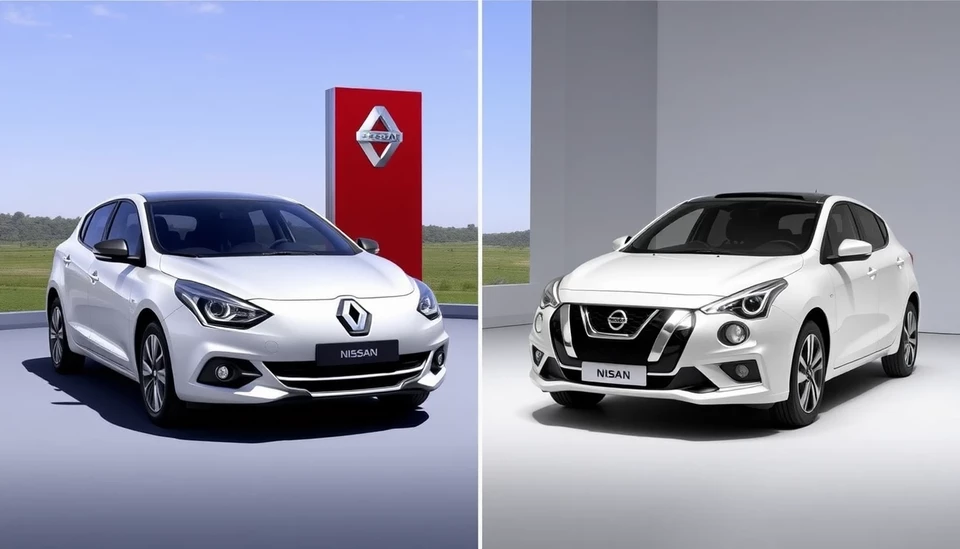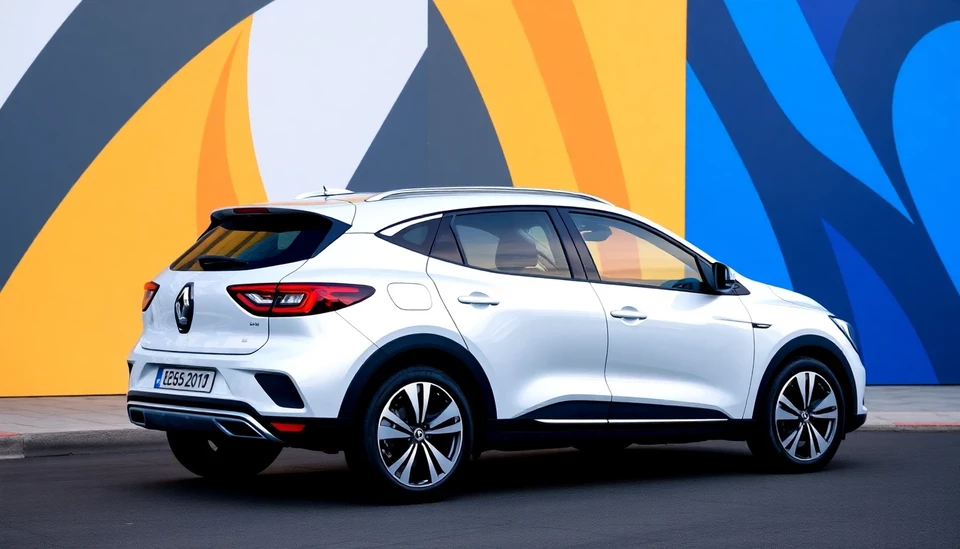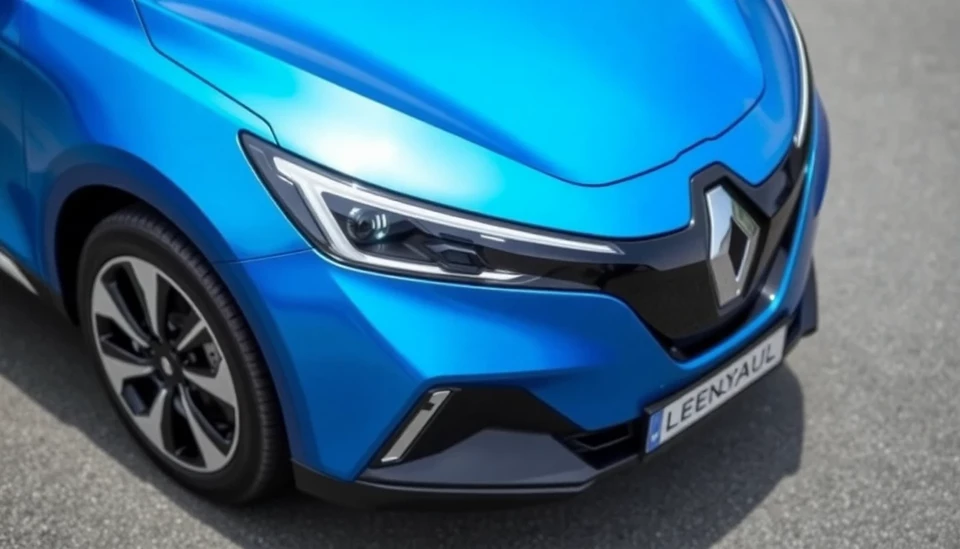
In a recent development that could reshape the dynamics of their longstanding partnership, automotive giants Renault and Nissan have opened the door to the possibility of further share sales within their alliance. This announcement comes as the two companies continue to navigate a complex landscape defined by evolving market demands and competitive pressures.
The alliance, which has been a unique paradigm in the automotive sector, has historically involved a 43% shareholding in Nissan held by Renault, along with a 15% stake in Renault by Nissan. This precarious balance has been under scrutiny in light of recent talks aimed at simplifying their operational framework and enhancing profitability. Industry insiders suggest that the adjustments being considered could lead to a loosening of share ties, which may ultimately allow for a more agile and cooperative relationship as they face global automotive trends like electrification and autonomous driving technologies.
As both companies reassess their holdings, discussions are underway about the potential implications for their existing equity structure. Renault's CEO has emphasized the importance of flexibility in their alliance, indicating that there should be room for adjustments that could reflect their evolving business strategies. This refreshing perspective aims not only to revitalize the partnership but also to strengthen market positioning against rivals.
The backdrop to these developments is marked by significant challenges within the automotive sector, including supply chain disruptions and pressures to transition towards more sustainable manufacturing practices. With growing consumer expectations for electric vehicles, both Renault and Nissan recognize the urgency of aligning their corporate strategies with these demands.
Investors and analysts are keenly observing these discussions, as any changes to share ownership could have far-reaching implications not only for the companies involved but also for the broader automotive industry. Nissan's varying operational footprint across different markets highlights the necessity for a nimble alliance that can swiftly adapt to change.
Renault and Nissan's proactive stance in considering further share sales is seen as a move to solidify their core partnership while granting each company the latitude to pursue independent strategies that can drive growth. As this scenario unfolds, the commitment to maintain a collaborative spirit will be critical in navigating the complexities of the current automotive landscape.
In conclusion, the alliance between Renault and Nissan appears poised for a significant transformation as both parties explore new avenues for collaboration and flexibility regarding their share structures. This in-depth reassessment could not only enhance their competitive edge but also set a precedent for how automotive partnerships can evolve in an increasingly dynamic market.
#Renault #Nissan #AutomotiveAlliance #ElectricVehicles #MarketTrends #CorporateStrategy #ShareSales
Author: Victoria Adams




